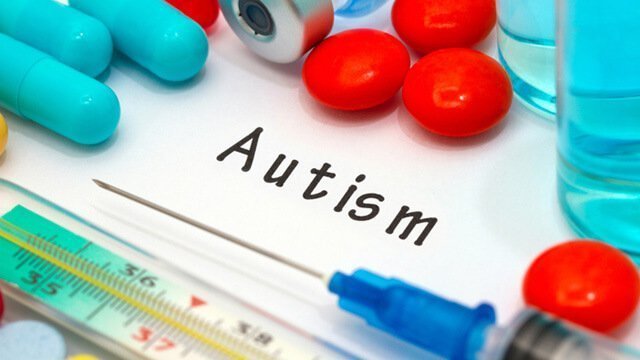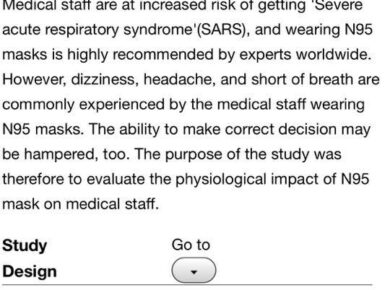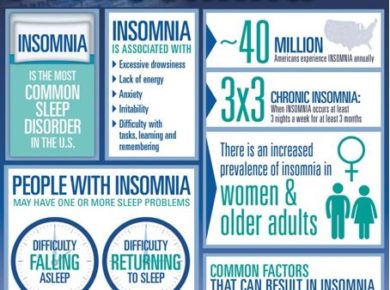There’s no question that antibiotics are sometimes necessary and even life-saving like we talked about before.
But it’s also now well-established that antibiotics can have significant side effects, many of which are mediated by their effect on the gut microbiota.
I have talked about this in the past. For the long-term side effects of antibiotics,
See:
This:
and this:
This article was recently published:
“Exposure to antibiotics in the first 24 months of life and neurocognitive outcomes at 11 years of age.”
And you can find it at this link:
https://www.ncbi.nlm.nih.gov/m/pubmed/31041458/
The authors state:
“After adjustment for mode of delivery, probiotic treatment group assignment, income and breastfeeding, children who had received antibiotics in the first six months of life had significantly lower overall cognitive and verbal comprehension abilities, increased risk of problems with metacognition, executive function, impulsivity, hyperactivity, attention-deficit hyperactivity disorder, anxiety, and emotional problems.”
And they conclude:
“These results provide further evidence that early exposure to antibiotics may be associated with detrimental neurodevelopmental outcomes.”
That is the observation that prior to the development of autism, many of our children had multiple ear infections, which were then treated with antibiotics. Many parents believe the antibiotic treatment in some way set the stage for their child’s autism.
One of the problems in nailing down the extent to which antibiotics may affect the gut flora is that we really haven’t had a full understanding of the bacteria which live in a typical human digestive system.
That may begin to change with the publication of an article entitled, “The Pervasive Effects of an Antibiotic on the Human Gut Microbiota” and reported in the journal PLoS Biology.
David Relman and Les Dethlefsen of Stanford University, using a technique developed by Mitchell Slogin of the Marine Biological Laboratory, were able to identify changes in the gut microbial communities of three healthy people after taking the antibiotic Ciproflaxin for five days. The scientists were able to identify roughly 3,300 to 5,700 different types of bacteria in the human gut and found that the antibiotic treatment affected about a third of the identified bacteria.
Perhaps most ominously, the report found that while the bacterial community of these individuals recovered, many types of bacteria failed to recover within six months.
“This raises questions about the health effects of perturbations to the human-microbial symbiosis in the gut, such as may occur with antibiotic treatment. Because specific microbial populations mediate many chemical transformations in the gut-and previous studies have related these processes to cancer and obesity, among other conditions-changes in the composition of the gut microbiota could have important, but as yet undiscovered, health effects.”
Parents report that their healthy babies get ear infections, treatment with antibiotics, multiple vaccinations, and then develop autism. Most of the time we only look at the last trigger to this disease, vaccination.
We should also be looking at what role antibiotics may play in this disorder.
Children seem more susceptible to antibiotics, possibly because their gut flora is not fully developed.
The latest example of this is a study published in JAMA Pediatrics, which found that antibiotic use during infancy is associated with a higher risk of anaphylaxis, asthma, food allergies, dermatitis, rhinitis, and conjunctivitis.
“Association Between Use of Multiple Classes of Antibiotic in Infancy and Allergic Disease in Childhood”
https://jamanetwork.com/journals/jamapediatrics/article-abstract/2757360
This link has some more information on the effects of antibiotics on our children’s health.
On top of that, at least 30 percent of antibiotics prescribed in the United States are unnecessary. That is one of the reasons we are dealing with this antibiotic resistance phenomenon.
Recently, sepsis was declared the first cause of death in the US, before cancer and heart disease. In other words, we are in a mess!
Research has shown a strong link between the gut microbiome and a wide range of allergic conditions in children, and it’s not controversial that antibiotics disrupt the gut flora.
This study, along with the many others like it that have been published over the past decade, should encourage us to be even more judicious about when we give antibiotics to infants and children (and adults, for that matter).
God bless y’all 😊
Dr. Serge







